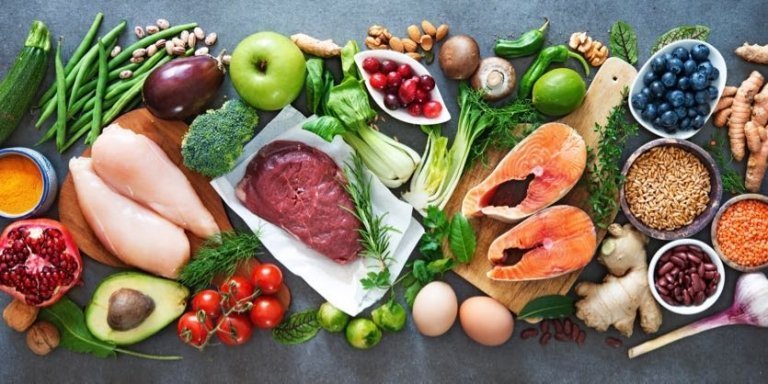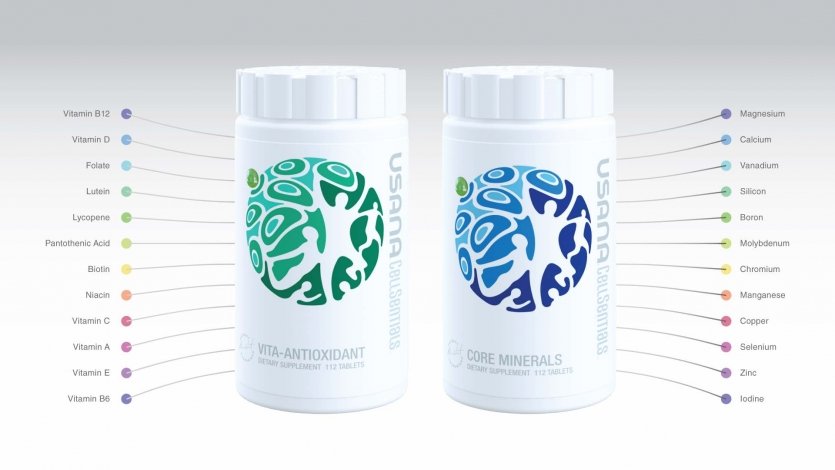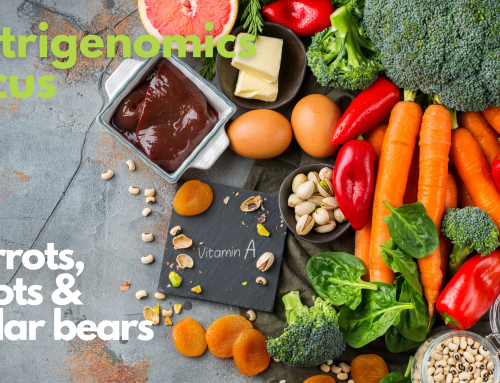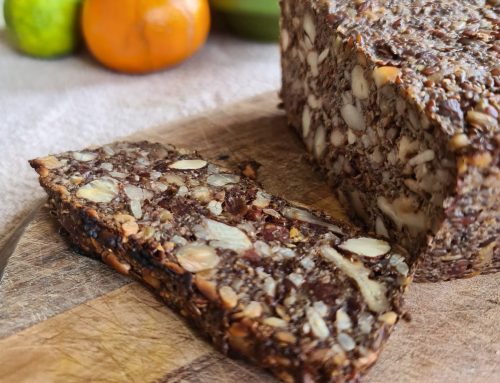Viruses are everywhere. There are an estimated 380 trillion viruses inhabiting our bodies (here’s a very interesting article about the human virome). There is much talk about treating viral diseases, but generally in the mainstream media there is very little information on our own innate resources. Here is some information on how you can protect yourself.
There are two aspects to not contracting symptoms of a virus. On the one hand it’s about minimising exposure, but just as importantly, on the other hand it’s about optimising our immune system. So how do you do that?
IMMUNE SYSTEM 101
1) Get enough good quality sleep. This is so important. Complete darkness and as quiet as possible: get blackout blinds; don’t have electrical equipment on in your bedroom, especially with LEDs; turn your phone off…not just on silent; if your partner snores, consider sleeping in another room if it’s keeping you awake. Many couples do this… probably more than you’d imagine!
2) Avoid sugar and ultra-processed foods. Sugar suppresses the immune system. If you find yourself with the flu, don’t reach for the cake. It will prolong the duration of the illness. Refined carbohydrates (flour-based products) also break down to simple sugars, so aim for a low carb, high good fat way of eating

3) Eat the rainbow 🌈: get as many different colours of vegetables in your diet as possible. Different colours of foods are associated with different phytochemicals that have many protective effects on the body.
4) Get enough good protein. We need protein to produce glutathione, which is one of the most powerful antioxidants around, as well as being essential for detoxification…and it’s made by our own cells. When it comes to the immune system itself, proteins (made from the protein we eat) play a multifaceted role in maintaining a strong and effective immune system. Antibodies, which are specialized proteins, play a crucial part in identifying and neutralizing harmful pathogens such as bacteria and viruses. Cytokines, another type of protein, regulate immune responses by facilitating communication between immune cells. Additionally, proteins are integral to the structure and function of immune cells themselves, aiding in processes like phagocytosis and cell signaling. Ensuring an adequate intake of protein is vital for the synthesis and proper functioning of these immune-related molecules and processes, ultimately bolstering the body’s ability to fend off infections and maintain overall health.
Here are the approximate protein intake recommendations in grams per kilogram (g/kg) of body weight for different age groups and activity levels:
For adults:
- Sedentary individuals: About 0.8 to 1.0 g/kg of body weight.
- Active individuals (regular exercise): Approximately 1.2 to 1.6 g/kg of body weight.
- Athletes and those engaging in intense training: Around 1.6 to 2.0 g/kg of body weight.
For children and adolescents:
- Children aged 1 to 3: About 1.1 to 1.5 g/kg of body weight.
- Children aged 4 to 8: Approximately 0.95 to 1.2 g/kg of body weight.
- Children aged 9 to 13: Around 0.85 to 1.1 g/kg of body weight.
- Adolescents aged 14 to 18: Approximately 0.85 to 1.0 g/kg of body weight.
It’s important to remember that these figures are general guidelines and may vary depending on factors like individual goals, health conditions, and activity levels. Pregnant and breastfeeding individuals may also have different protein needs. Consulting with a healthcare professional or nutritional therapist can provide personalized recommendations tailored to specific needs.
5) Supplement with a high quality, high potency multinutrient. The immune system relies on highly complex interactions with numerous nutrients, including vitamins A, C, D, E, B2, B6, B12, zinc, selenium and folic acid, although that’s not an exhaustive list. Other nutrients are needed to interact with some of these, like cholesterol (to make vitamin D if you’re getting it from sunshine, which we’re not in the winter months), and magnesium, as this is needed for all cellular functions involving vitamin D. This is one I recommend to many of my clients: *

There are many micronutrients, medicinal mushrooms and phytochemicals (specialised plant nutrients) that help to support and boost the immune system, but this is a big subject and will be dealt with in a future article.
6) We also need to be taking in good quality fats in order to absorb the fat-soluble vitamins, A, D, E and K. We should increase our intake of omega-3 fatty acids, which are anti-inflammatory, and reduce intake of the pro-inflammatory omega-6. Supplementing with a pure fish oil with a good EPA/DHA profile is the easiest way to do this. The one I use and recommend is double-distilled under pharmaceutical manufacturing conditions.*
7) Look after your gut bacteria. Around 70 percent of the immune system is in the gut, and the microbiota in the gut play a huge part in keeping us healthy. Maintain a good balance of gut bacteria by eating plenty of fibrous prebiotic vegetables (broccoli, cauliflower, kale, cabbage, leeks, onions, garlic, asparagus, Jerusalem artichokes, kiwi, konjak), yoghurt and fermented foods if you are not sensitive to histamine. Take probiotics to increase biodiversity of gut flora and encourage the good ones. Lactobacillus rhamnosus is one that also helps to seal a leaky gut, which is essential for a normally functioning immune system. Some people benefit from a comprehensive analysis of the bacteria and other markers in their gut, which is often part of what I do for a client so that I can then design a tailored dietary, supplements and lifestyle plan to optimise their gut health and general wellbeing.
8) Nurture your spirit and give yourself time to chill and do things that you love to do. Spend time with people who are positive. Meditate, be creative, spend time in nature. Laugh a lot.
9) Minimise stressors. Even watching a horror film will increase your cortisol levels and put your body in fight or flight mode, which means it must concentrate on surviving rather than thriving. Try to avoid exposing yourself to media hype about health concerns. Fear is a significant immune suppressor.
10) Do resistance training (weights) and high-intensity interval training (HIIT). This has so many positive effects on the body, including increasing production of glutathione, creation of mitochondria and mitochondrial turnover.
Happy immune boosting! Get in touch if you would like any more info on anything here. Always happy to chat 😊 Please share if you would like to balance out the sensationalist media reports.
*I am generally able to get 10% off the RRP on most supplements I use with my clients, regardless of the company. Most practitioner-level supplement companies give practitioners some commission on sales.





Leave A Comment